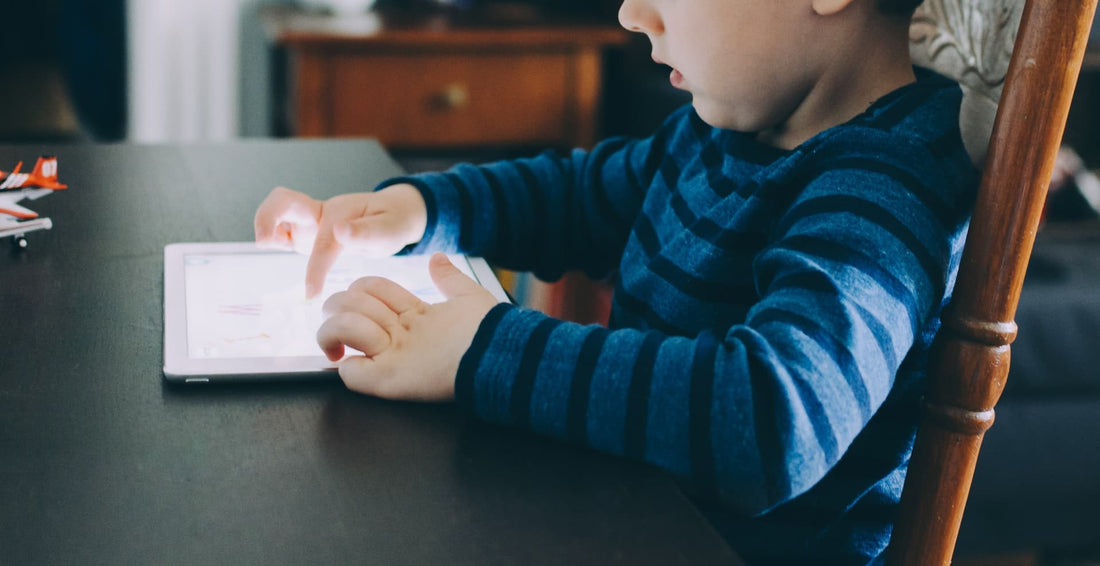How to balance screen time

In today's digital age, screens are ubiquitous, and children are exposed to screens from a very young age. While screens can be a great tool for learning and entertainment, too much screen time can be harmful to a child's physical and mental health. As a parent, managing your child's screen time can be a challenging task, but it's essential for their well-being. In this article, we will provide tips and strategies for managing screen time in a way that is healthy and reasonable.
-
Set Limits
One of the most important things you can do to manage your child's screen time is to set limits. Establishing clear rules and boundaries around screen time can help your child develop healthy habits and avoid the negative effects of excessive screen time. It's important to be consistent with the limits you set and to communicate them clearly to your child.
-
Be a Good Role Model
Children learn by example, and if you want to encourage healthy screen time habits, it's important to be a good role model. This means modeling healthy screen time habits yourself, such as avoiding screens during meal times, family time, and before bed. By demonstrating healthy habits, you can set a good example for your child to follow.
-
Encourage Alternative Activities
Children need a variety of activities to develop their cognitive, social, and physical skills. Encouraging alternative activities such as reading, outdoor play, and creative play can help your child develop a balanced and healthy lifestyle. It's important to be creative and find activities that your child enjoys and that will keep them engaged and entertained.
-
Use Screen Time as a Reward
Using screen time as a reward can be an effective way to encourage positive behavior and promote healthy habits. For example, you could allow your child to have a certain amount of screen time after completing homework, chores, or other tasks. By making screen time a privilege, you can encourage your child to develop healthy habits and to view screen time as a special treat.
-
Create Screen-Free Zones
Creating screen-free zones in your home can help reduce the amount of time your child spends in front of screens. For example, you could create a screen-free bedroom to encourage better sleep habits, or a screen-free dining room to promote family time and conversation. By creating designated screen-free zones, you can help your child develop healthy habits and reduce the negative effects of excessive screen time.
-
Monitor Your Child's Screen Time
It's important to monitor your child's screen time and to be aware of what they are watching and playing. This can help you ensure that they are not being exposed to inappropriate content or spending too much time on screens. There are a variety of parental control tools and apps available that can help you monitor and limit your child's screen time.
-
Be Flexible
While it's important to set limits and boundaries around screen time, it's also important to be flexible and to adapt to your child's needs. For example, if your child is working on a school project that requires the use of screens, it may be necessary to be more flexible with screen time limits. By being flexible and open to change, you can create a healthy balance of screen time and other activities for your child.
In conclusion, managing screen time is a crucial part of raising healthy and happy children in the digital age. By setting limits, being a good role model, encouraging alternative activities, using screen time as a reward, creating screen-free zones, monitoring your child's screen time, and being flexible, you can help your child develop healthy screen time habits and avoid the negative effects of excessive screen time. Remember, the goal is not to eliminate screens altogether, but to help your child develop a balanced and healthy lifestyle that includes a variety of activities and experiences.
